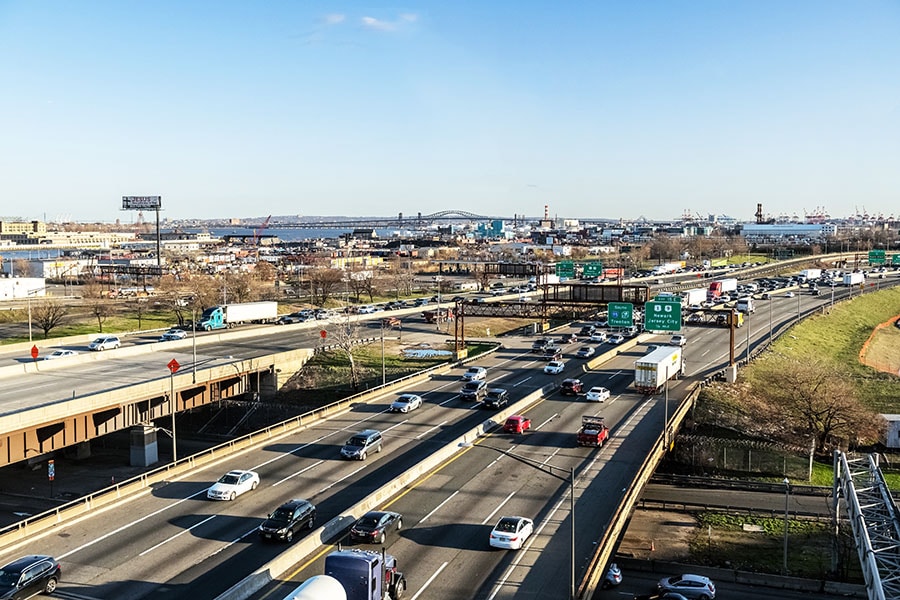
Uber pays $100 million to New Jersey in driver status dispute
Uber paid the US state of New Jersey $100 million in back taxes and fines for labelling nearly 300,000 of its drivers as self-employed and withholding required benefits; however, this is only a fraction of the $1 billion initially demanded by the state
 Whether to classify drivers for ride-sharing companies as employees or independent contractors has long been a matter of debate among business and government representatives, with no clear consensus emerging thus far. Image: Shutterstock
Whether to classify drivers for ride-sharing companies as employees or independent contractors has long been a matter of debate among business and government representatives, with no clear consensus emerging thus far. Image: Shutterstock
New York, United States: Uber paid the US state of New Jersey $100 million in back taxes and fines for labelling nearly 300,000 of its drivers as self-employed and withholding required benefits, officials said Tuesday.
The ride-sharing giant, however, insisted that its drivers were indeed independent contractors and said it only paid a fraction of the $1 billion initially demanded by the northeastern state.
The payment stems from a government audit of Uber's operations in New Jersey between 2014 and 2018, which concluded that the company had improperly classified its drivers as independent workers.
Because of that, the New Jersey Department of Labor said in a statement, Uber drivers lost the rights to a minimum wage, overtime pay, unemployment insurance, earned sick leave, family leave and other benefits.







